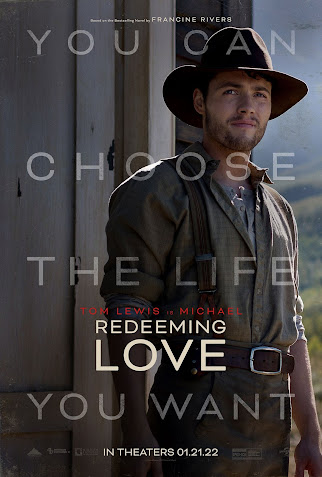3 Misunderstandings about my ‘Redeeming Love’ Article

I have good news and bad news. The good news is that much of the pushback I received on my critique of the film Redeeming Love is based on statements I didn’t actually make and positions I don’t actually hold. As such, much of the disagreement publicly shared is unfounded. The bad news, of course, is that such a high level of reader misinterpretation happened in the first place. A lot of digital ink has been spilt arguing with rhetorical phantoms. While I am saddened that so many people walked away from my piece unnecessarily confused, I am also glad to clear the air and clarify my intentions. Toward that end, I wish to address several misconceptions. One key factor is the title of the article itself. In the beginning, my working title was Redeeming Love’s Unfortunate Exploitation . By using the word “unfortunate,” I hoped to communicate a sympathetic posture toward the film and its intentions. Of course, the final title is different from my initial suggestion: ‘Redeeming Love’...




